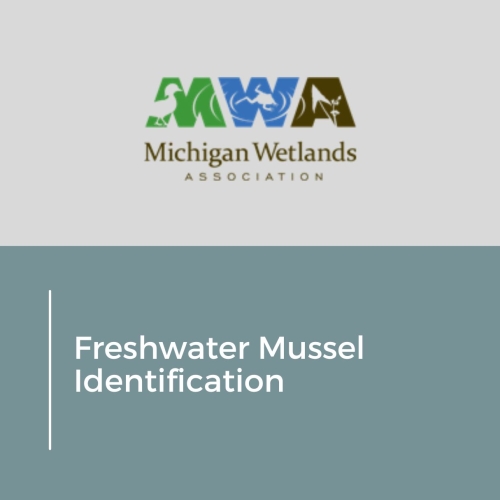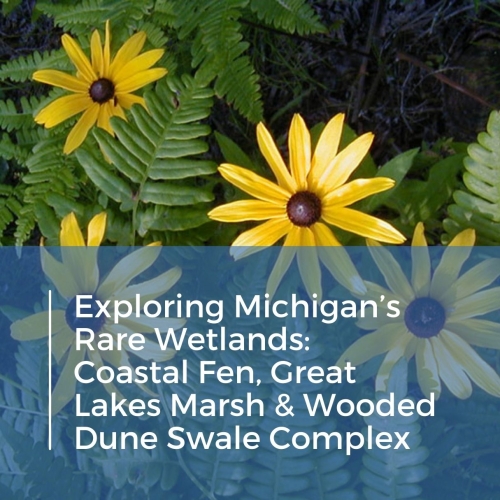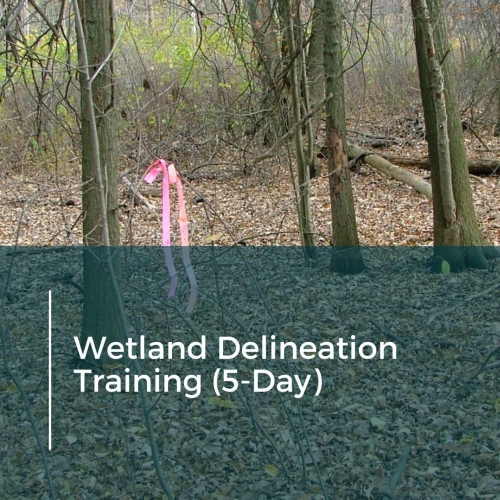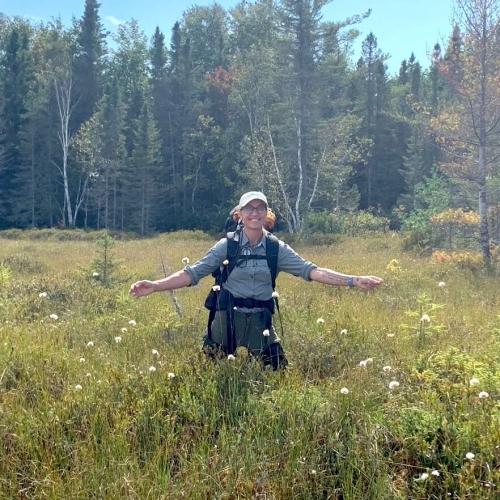Description
Name of Class: Northern Michigan Wetland Plants ID Training (2-Day)
Dates: July 21-22, 2022
Location: Upper Manistee Headwaters: The Milock Family Preserve, Kalkaska, MI
Camp Grayling Joint Maneuver Training Center, Grayling, MI
Time(s): 9:00am to 4:30pm – Day 1
8:30am to 4:00pm – Day 2
Instructors: Angie Bouma, Senior Land Steward, Grand Traverse Regional Land Conservancy
Brad Slaughter, Botanist, Orbis Environmental Consulting
Cost: $200 (MWA members), $250 (non-members)
Click here to become a MWA member.
Class Description: This course will take place over 2 days; the first day of hands-on training will be at the Upper Manistee Headwaters: The Milock Family Preserve (formerly the Camp Tapico Boy Scout Camp) and the second day will take place on Camp Grayling Joint Maneuver Training Center property. Both training sites are located between Grayling and Kalkaska, MI. The course will focus on wetland plant identification of common, indicator, and/or rare species found in various wetland types located within the properties. Wetland types found within the properties include bog, hardwood conifer swamp, northern fen, rich conifer swamp, mesic sand prairie, and intermittent wetlands, among other wetland types.
Participants will be responsible for meals and lodging. There are several lodging options available in both the Kalkaska and Grayling areas. Lunch options, however, will be very limited, so participants are encouraged to bring a packed lunch both days. This is a field course; participants should be prepared for varying field and weather conditions (rain gear, sunscreen, bug spray, etc.).
Instructor Bios:
Angie Bouma – Angie is a botanist with 17 years of experience working in northern Michigan natural communities. She currently works as a Senior Land Steward at the Grand Traverse Regional Land Conservancy where she leads habitat mapping and floristic quality inventories at new and protected lands within the 5-county service area (Manistee, Benzie, Grand Traverse, Antrim and Kalkaska Counties). She has also coordinated large scale wetland restoration and vegetation monitoring projects in the Arcadia area, as well as leading botany hikes each season in a variety of habitats. She was a presenter at the Michigan Botanical Club annual foray in 2018 on a collaborative orchid conservation project with the North American Orchid Conservation Center and continues to work on that partnership with local and regional partners. Prior to her work at GTRLC, she spent several years in the Upper Peninsula working for Pictured Rocks National Lakeshore, Hiawatha National Forest on native and invasive plant projects, as well as a season at Pinnacles National Park in California on a vegetation mapping project.
Brad Slaughter – Brad has 15 years of experience conducting biological surveys, specializing in floristic inventories, rare plant surveys, vegetation monitoring, and the identification, delineation, and evaluation of remnant plant communities. He has expertise in the classification and description of plant communities and is coauthor of A Field Guide to the Natural Communities of Michigan. Brad serves on the Michigan Rare Plant Technical Advisory Committee and oversaw the currency, dissemination, and curation of rare plant element occurrence data in Michigan’s Natural Heritage Database prior to joining Orbis. He also coauthored the most recent iteration of Michigan’s Floristic Quality Assessment. In addition to his writings, Brad regularly delivers presentations and field trips for a variety of audiences.
Class Cancellation Notification
Five (5) days prior to the start of class, participants will be notified of a cancellation. The MWA Treasurer will refund 100% of the fee received to participants.
Cancellation Policy for Attendees
- Any attendee can transfer, at any time, their spot in the class to another person with no financial penalty
- Cancellation prior to14 days of the class is eligible for 100% refund of class fees
- Cancellation from 1-13 days of the class is eligible for 50% refund of class fees
- Cancellation within less than 1 day of start of the class (including during the class) is not eligible for any refund (0%), however the spot can be transferred to any other person.





